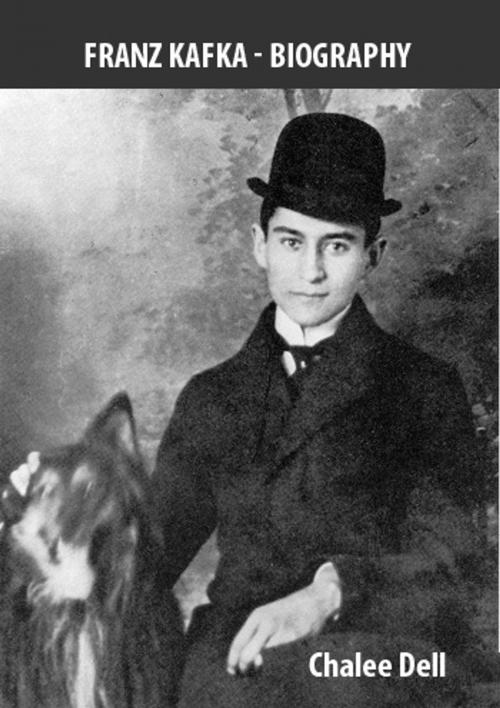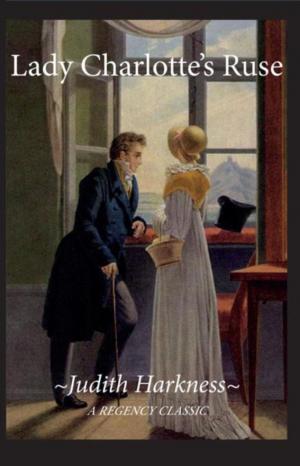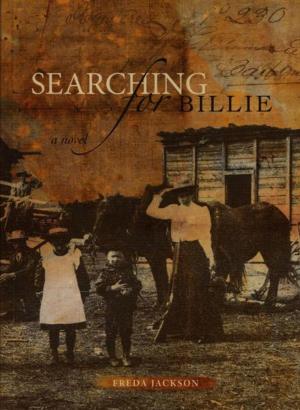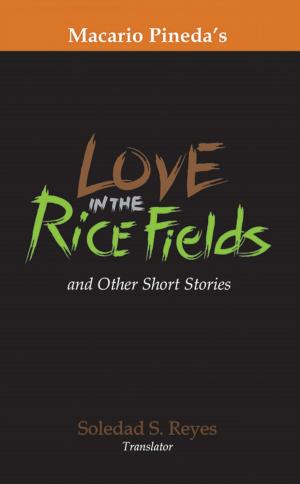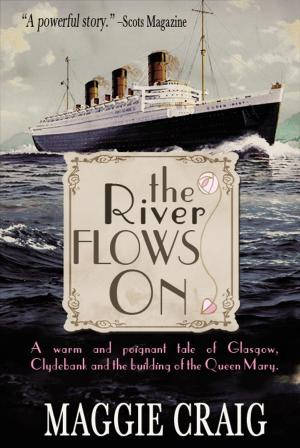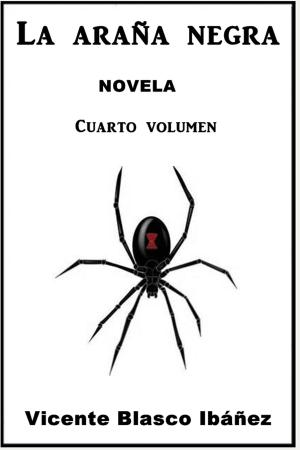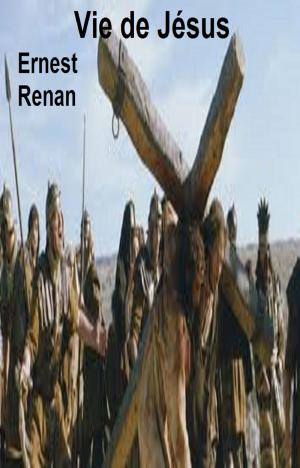| Author: | Chalee Dell | ISBN: | 1230000157473 |
| Publisher: | Chalee Dell | Publication: | August 2, 2013 |
| Imprint: | Language: | English |
| Author: | Chalee Dell |
| ISBN: | 1230000157473 |
| Publisher: | Chalee Dell |
| Publication: | August 2, 2013 |
| Imprint: | |
| Language: | English |
Franz Kafka (3 July 1883 – 3 June 1924) was a German-language writer of novels and short stories, regarded by critics as one of the most influential authors of the 20th century. Kafka strongly influenced genres such as existentialism. Most of his works, such as "Die Verwandlung" ("The Metamorphosis"), Der Process (The Trial), and Das Schloss (The Castle), are filled with the themes and archetypes of alienation, physical and psychological brutality, parent–child conflict, characters on a terrifying quest, labyrinths of bureaucracy, and mystical transformations.
Kafka was born into a middle-class, German-speaking Jewish family in Prague, then part of the Austro-Hungarian Empire. At his lifetime, most of Prague population spoke Czech and the division between Czech and German speaking people was a tangible reality, as both groups were strengthening their national identity. Jewish community often found itself in between the two sentiments, naturally raising questions about a place to which one belongs. Kafka himself was fluent in both languages, considering German his mother tongue.
Franz Kafka (3 July 1883 – 3 June 1924) was a German-language writer of novels and short stories, regarded by critics as one of the most influential authors of the 20th century. Kafka strongly influenced genres such as existentialism. Most of his works, such as "Die Verwandlung" ("The Metamorphosis"), Der Process (The Trial), and Das Schloss (The Castle), are filled with the themes and archetypes of alienation, physical and psychological brutality, parent–child conflict, characters on a terrifying quest, labyrinths of bureaucracy, and mystical transformations.
Kafka was born into a middle-class, German-speaking Jewish family in Prague, then part of the Austro-Hungarian Empire. At his lifetime, most of Prague population spoke Czech and the division between Czech and German speaking people was a tangible reality, as both groups were strengthening their national identity. Jewish community often found itself in between the two sentiments, naturally raising questions about a place to which one belongs. Kafka himself was fluent in both languages, considering German his mother tongue.
